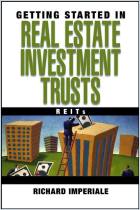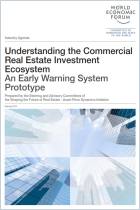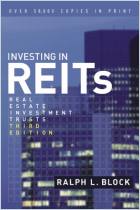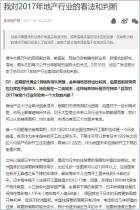
Report
Cuba’s New Real Estate Market
Latin America Initiative Working Paper
Brookings Institution,
2014
Read or listen offline
résumé audio créé automatiquement
1×
résumé audio créé automatiquement
Recommendation
After more than 50 years of transacting covertly, Cubans now have the right to buy and sell property openly and legitimately. Prior to the passage of legislation in 2011, Cubans’ homes served strictly as shelters, not assets. The new law expands human rights, normalizes property rules, and gives Cuban citizens the potential to amass personal wealth and gain better housing. getAbstract recommends this on-the-ground recounting of the birth of a “new and unusual real estate market” for its insights into Cuba’s road to economic reform.
Take-Aways
About the Author
Philip Peters is president of the Cuba Research Center, a nonprofit based in Virginia.
















Comment on this summary or Iniciar a Discussão